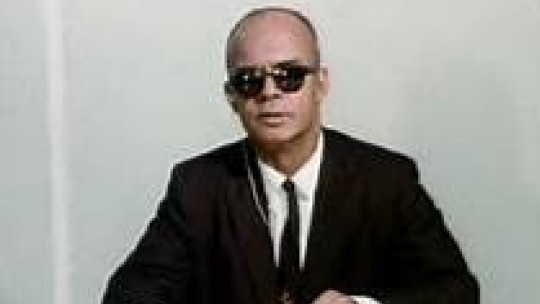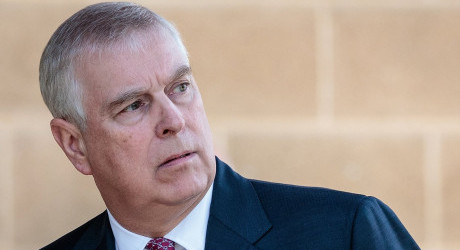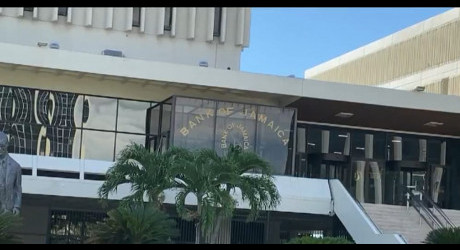.png)
With Jamaica and Trinidad & Tobago currently preoccupied with a simmering dispute over the rights of Jamaicans traveling to the twin-island republic, under CARICOM's Revised Treaty of Chaguaramas, it might be useful to be reminded of the central role Trinidad & Tobago played in establishing the regional integration movement.
A key participant in the short-lived West Indies Federation, Trinidad & Tobago followed Jamaica into political independence, upon the collapse of the Federation in 1962.
The CARICOM Secretariat, in a brief history of the regional integration movement, on its website, states that it was Trinidad & Tobago, which, in announcing its intention to withdraw from the Federation, proposed the creation of a Caribbean Community, "consisting not only of the 10 members of the Federation, but also of the three Guianas and all the islands of the Caribbean Sea - both independent and non-independent."
Dr. Eric Williams, Prime Minister of Trinidad & Tobago, convened the first Heads of Government Conference in July 1963, in his country.
CARIFTA
There followed a series of such gatherings in a process that led to the signing of the Dickenson Bay Agreement in Antigua & Barbuda in December 1965, which set, as its main goal, the establishment of the Caribbean Free Trade Association (CARIFTA).
CARIFT was formally established on May 1, 1968, with the participation of Antigua and Barbuda, Barbados, Trinidad and Tobago and Guyana. Jamaica Dominica, Grenada, St Kitts/Nevis/Anguilla, Saint Lucia, St. Vincent and the Grenadines, Jamaica and Montserrat joined on August 1 that year, with Belize (then known as British Honduras) joining in May 1971.
CARICOM
At the Seventh Heads of Government Conference in November 1972 the Heads decided to transform CARIFTA into a Common Market and establish the Caribbean Community (CARICOM).
At the Eighth Heads of Government Conference of CARIFTA in Georgetown, Guyana, in April 1973 the Georgetown Accord was finalised, setting out the terms of establishment for the new body.
Once again, Dr. Eric Williams was a key figure in this development, along with Prime Minister Michael Manley of Jamaica, Errol Barrow of Barbados and Forbes Burnham of Guyana.
By July 1974, all other members of CARIFTA had signed the signed the CARICOM Agreement.
In October, 1974, Trinidad & Tobago hosted the Heads of Government in Chaguaramas, and Dr. Eric Williams, as host, welcomed his colleagues warmly:
"We in Trinidad & Tobago are always very glad to welcome our Caribbean colleagues, forgetful of all considerations of political status and size. And I merely express the hope that at this very long meeting that is scheduled here for this week we'll have constructive decisions that will allow the cooperation and integration process to proceed more rapidly than it has in the past, because of the pressing issues in the outside world that we all have to face."









 All feeds
All feeds







